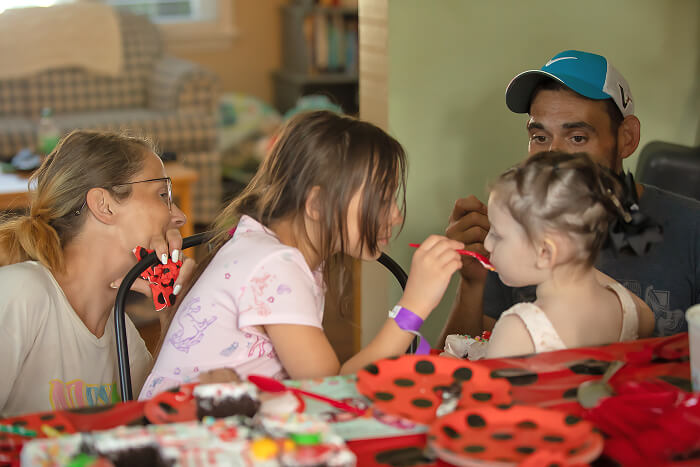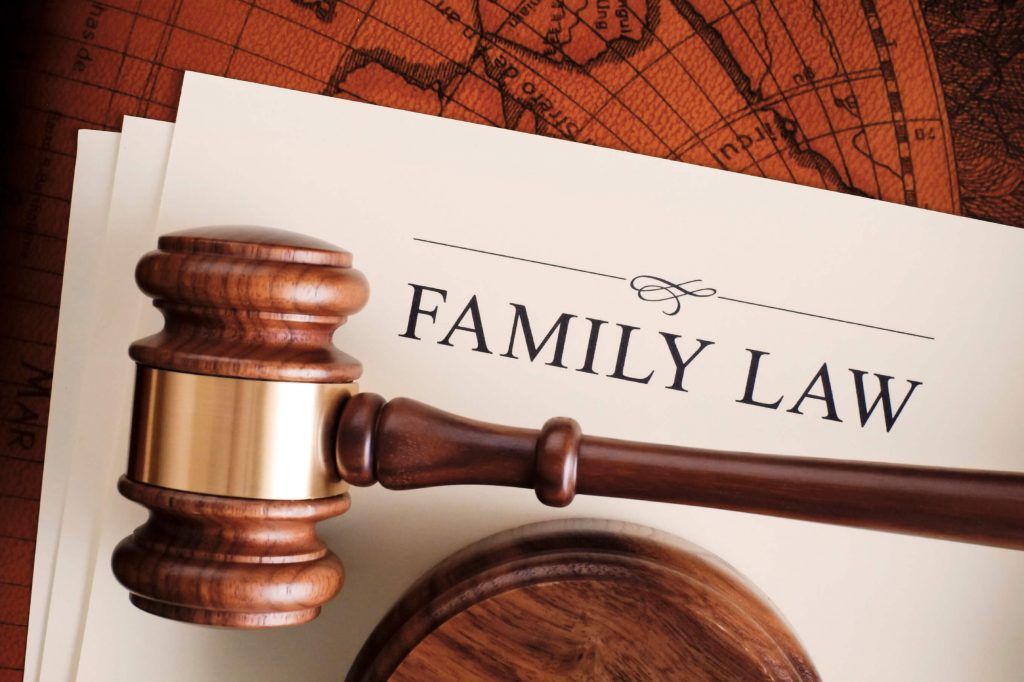The best interests of the child
Maryland family courts, when making decisions about child custody, visitation, and other related matters, are primarily guided by the “best interests of the child” standard. This principle requires judges to consider various factors to ensure the child’s safety, well-being, and overall development.

Individuals in long-term recovery may worry that past struggles with addiction could be unfairly held against them in family court, even if they have demonstrated significant and sustained sobriety. These concerns can stem from:

Societal stigma surrounding recovery can sometimes permeate legal settings, leading to assumptions or judgments not based on current behavior.

Courts might overemphasize past substance use history without giving adequate weight to years of successful recovery, active participation in support systems, and positive changes in lifestyle.

There might be a lack of in-depth understanding regarding the ongoing nature of recovery, the strength and commitment it requires, and the potential for relapse (though relapse in itself doesn’t negate long-term recovery).

Individuals with a history of substance use might face more intense scrutiny compared to the other parent, even if the other parent has their own issues or shortcomings.

High-conflict co-parenting situations might see one parent weaponizing the other’s past substance use, even if it’s no longer a relevant factor.
It’s important to understand some key aspects of how Harford County family courts may approach cases involving individuals in recovery:
While past history can be relevant, the court’s primary focus should be on the present ability of each parent to provide a safe, stable, and nurturing environment for the child. Evidence of sustained recovery is a significant positive factor. Once sustained recovery has been established, the judge should prohibit any further reference by attorneys or opposing witnesses to mention anything about past alcohol and/or substance abuse. That goes for the judge as well. If you find that your past history continues to be brought into the courtroom. We want to hear about it.
Decisions should be based on factual evidence presented in court. This can include testimony, documentation of sobriety (like drug and hair follicle tests), participation in support groups, and positive changes in life circumstances.
Harford County has a Family Recovery Court (FRC). This specialized court program aims to reduce substance use as a primary reason for children being removed from their homes. It connects parents with substance use disorders to intensive treatment, case management, and incentives. Successful participation and graduation from FRC can be a strong indicator of positive change and commitment to recovery, which the family court may consider.
Having competent legal counsel is crucial. An attorney experienced in Harford County family law can advocate for your rights, present evidence of your recovery effectively, and address any potential biases or misinterpretations. Avoid attorneys who practice family law but also represent those charged with drunk driving offenses (DUI). These lawyers are playing both sides of the coin and do more harm to those in need of recovery and those of us already in recovery. We do not want to support their practices.
Recovery, such as:
Demonstrating a commitment to healthy co-parenting, focusing on the child’s needs, and separating past issues from present parenting abilities can be beneficial.
While it’s impossible to guarantee the absence of all personal biases, there are ways to address potential concerns:
Tell Us Your StoryWhile acknowledging past struggles, emphasize your commitment to recovery and the positive changes you have made.
Frame your arguments around how your sobriety and stability benefit your child.
Clearly articulate the steps you have taken in your recovery journey, the length of your sobriety, and your ongoing commitment to maintaining it.
Your attorney plays a vital role in ensuring your case is presented fairly and that the court focuses on the relevant facts of your current situation.

Provides legal information and forms for individuals representing themselves in family law matters. Located at the Circuit Court for Harford County, 20 W. Courtland Street, Level A, Bel Air, MD 21014. Phone: 410-638-4916.

Provides details about the FRC program, its goals, and its implementation in Maryland, including Harford County. (Search “Maryland Courts Family Recovery Court”)
For those seeking custody of their children but have not yet begun their recovery journey from an alcohol and/or substance use disorder, the Family Recovery Court (FRC) program can be extremely helpful.

Seek out attorneys in Harford County with experience in family law and cases involving substance use and recovery. Avoid attorneys who practice family law but also represent those charged with drunk driving offenses (DUI). These lawyers are playing both sides of the coin and do more harm to those in need of recovery, as well as those of us in long-term recovery. We do not want to support their firms.
© 2025 All Rights Reserved. ReachingForRecovery.